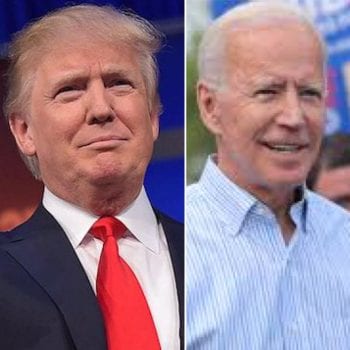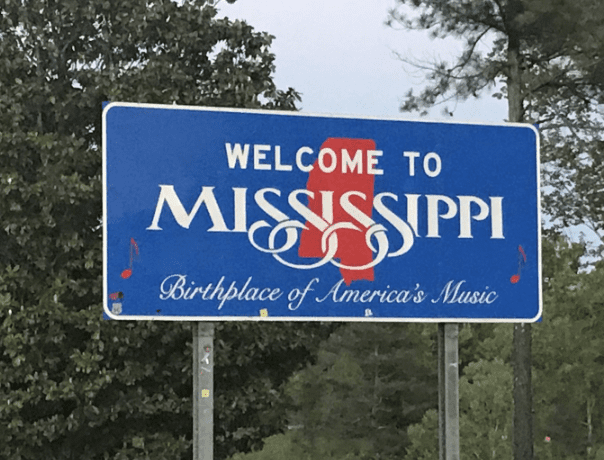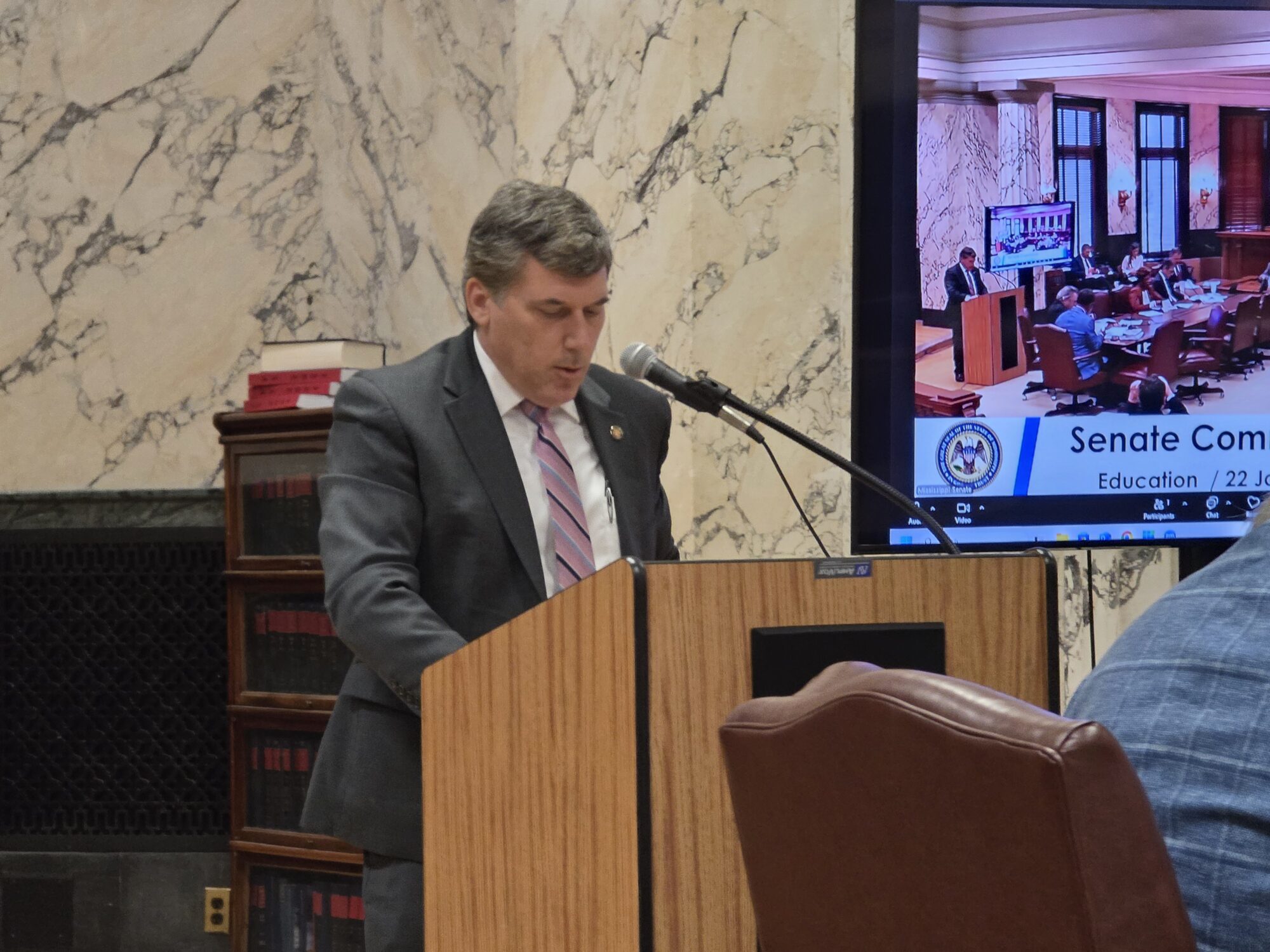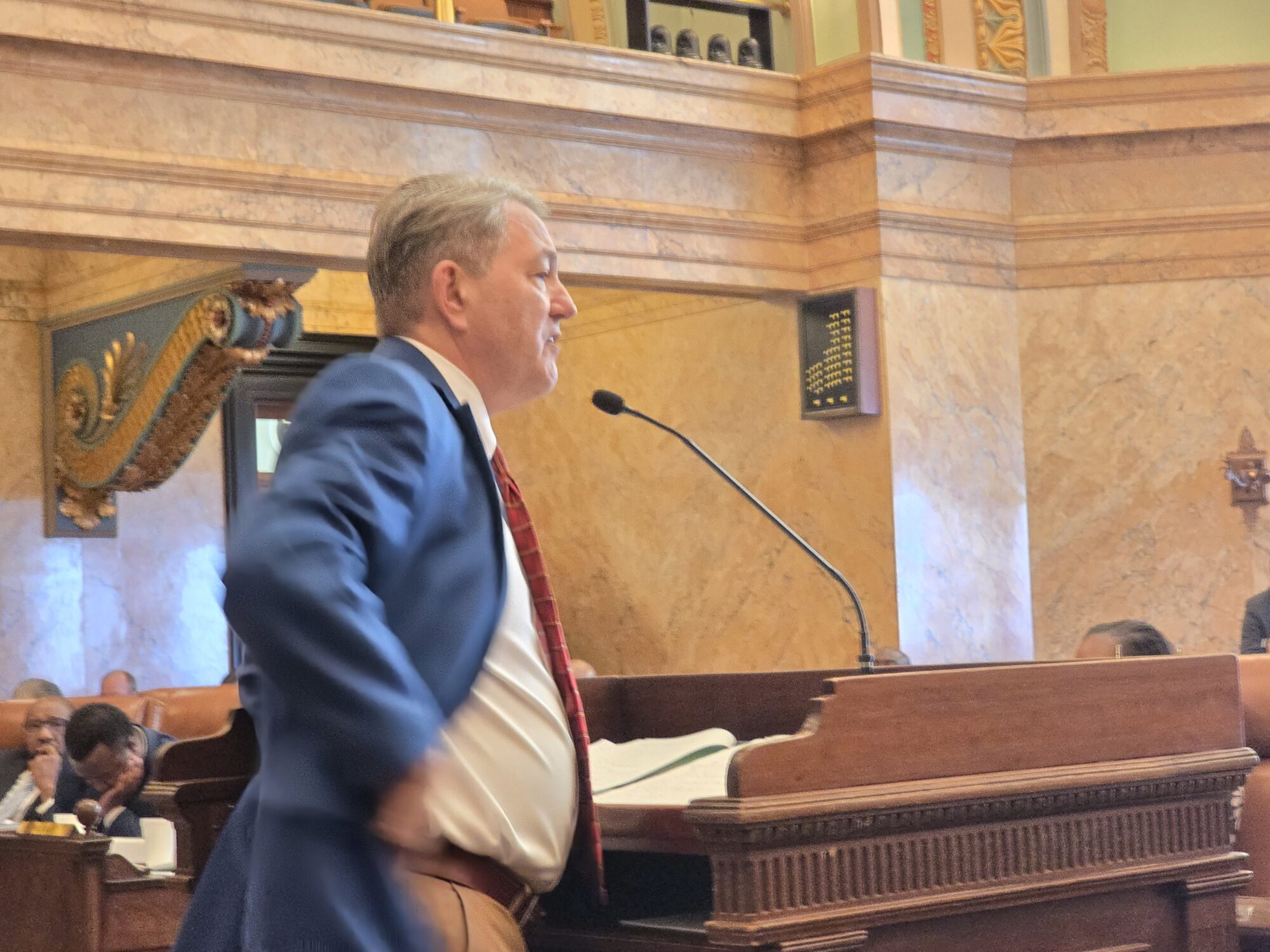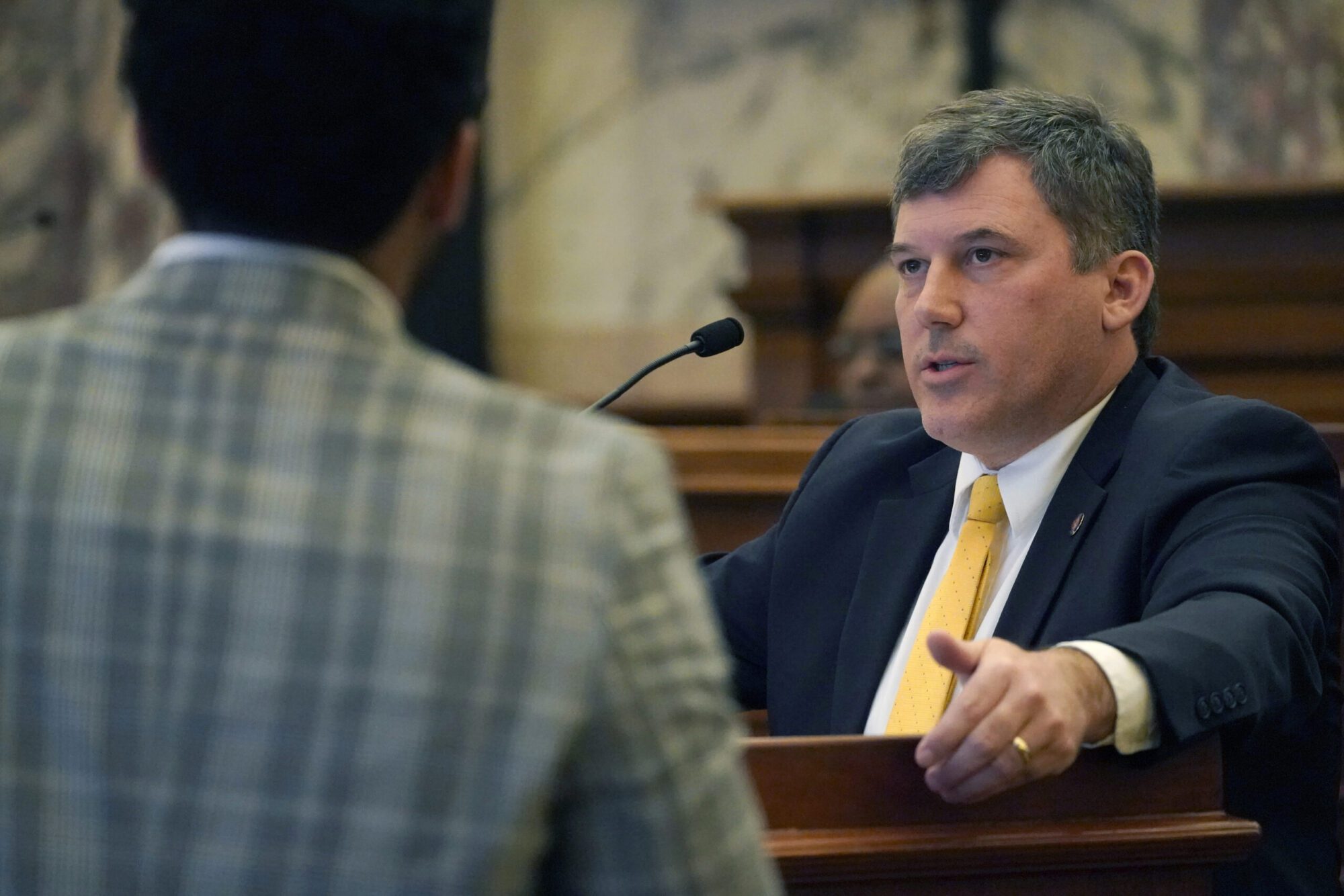
Studio portrait of Sid Salter. (photo by Beth Wynn / © Mississippi State University)
By: Sid Salter
As the Democratic presidential primary came into focus in Mississippi over the weekend, it was interesting to observe just how closely the race in Mississippi mirrored the national narrative.
Since former Vice President Joe Biden flipped the Democratic primary script in South Carolina with the help of African American U.S. Rep. James Clyburn and then went on to win major “Super Tuesday” victories nationwide, the Biden campaign has been solidly bolstered by endorsements from other establishment African American Democrats from across the nation.
Unlike self-described Democratic Socialist and independent Vermont U.S. Sen. Bernie Sanders, who scheduled then cancelled a campaign event here, Biden came to Mississippi to campaign directly over the weekend. Sanders instead sent campaign surrogate Danny Glover, the actor and activist who is familiar to Mississippians from prior treks.
Chief among Biden’s supporters was Mississippi Second District U.S. Rep. Bennie Thompson, D-Bolton, the senior Democratic official in the state’s congressional delegation – and in recent years, the only one – who has emerged as a Democratic political kingmaker.
The fact is that Democratic politicians who campaign without Thompson’s active support don’t fare very well in Mississippi. During President Barack Obama’s two terms in the White House, the federal patronage path in this state ran through Thompson’s office.
And why not? In 2008, Thompson’s support at the grassroots level was critical in helping Obama attain a Mississippi Democratic presidential primary win over his chief rival, Hillary Clinton. Obama won the primary with 265,502 votes, or 61.2 percent.
But in a move worthy of the “Back to the Future” movie franchise, Sanders supporters got a reprise of a March 2017 joint visit by Sanders and Glover to Mississippi designed to promote unionization of one of Mississippi’s two automobile manufacturing plants – this time without Sanders.
Called the “March on Mississippi” in 2017, the United Auto Workers, Sanders, Glover, the NAACP, and fellow political travelers appeared in Canton to continue to peddle the narrative that “workers’ rights equal civil rights.”
Sanders has been a pro-union voice throughout his political career. Yet in the 2016 Democratic presidential primary, the UAW endorsed Hillary Clinton over Sanders, citing her “experience” and “electability.” Despite intervention by Sanders and Glover, the 2017 Nissan union vote failed a few months later by a nearly 2-1 margin.
Ironically, Sanders ditched his plans to campaign in Mississippi to campaign in delegate-rich Michigan, a state where the impact of UAW influence is most visible.
As noted before, the struggle for “civil rights” sounds far more noble and desirable than what was actually happening in Canton and across the landscape of foreign-owned automobile manufacturing plants in the South — which was a desperate struggle for survival by a weakened labor union that has endured a 75 percent membership decline since 1979.
With Detroit now a bankrupt remnant of the Golden Age of American automobile manufacturing, the UAW now must literally find a new host on which to feed for union dues. The right-to-work states in the South are the prime targets, and the foreign-owned manufacturers that helped build “Detroit South” are truly the only possible salvation of the desperate UAW.
While Glover was yet again carrying Sanders’ political water in Mississippi, labor unions across the country were throwing their support behind Biden.
Mississippi remains a reliable red state and recent polling suggests that neither Biden nor Sanders can win here against GOP incumbent President Donald Trump. But those numbers likewise show that of the two surviving Democratic Party contenders, Biden is the stronger candidate in Mississippi.




